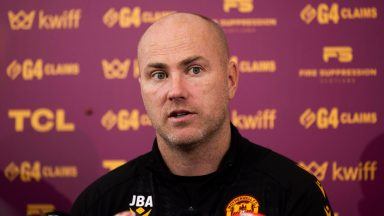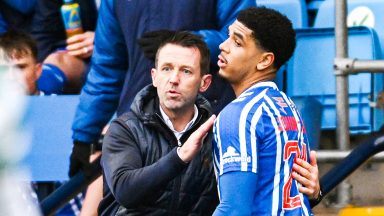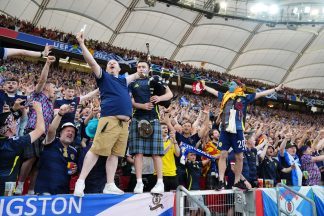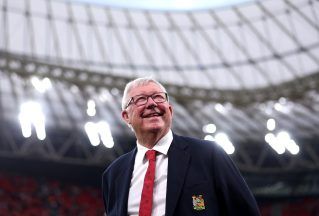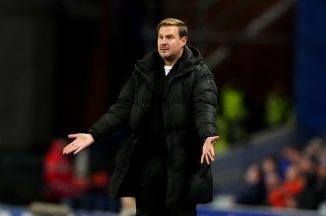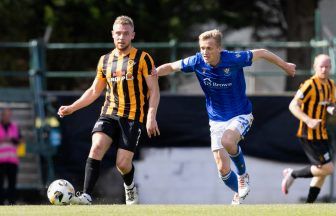The departure was quick and unexpected. On February 26, 2019 Brendan Rodgers left Celtic suddenly, the abrupt exit for a return to the riches of the English Premier League bringing to an end what had been a golden era for club and manager.
In their hour of need, fearful of a steady stream of success being disrupted, Celtic turned to the tried and trusted, bringing Neil Lennon back as interim boss to keep the ship steady as the players aimed to complete another treble.
Almost two years to the day from his return to the club, Lennon has vacated his position, the Celtic ship having not so much veered off course as having been battered by wave after wave in a stormy season of turmoil and trouble.
The Northern Irishman’s second spell as manager has been consistently eventful, groundbreaking at times and not without success, but ends with a large section of the support happy to see the back of a man who has won the treble for Celtic as player and manager, the latter occurring only a few months ago.
Lennon will point to his trophy haul as proof of his success, and rightly so, but can’t escape his part in the swift decline that has seen a side that was recently imperious become one who could lose to the team bottom of the Premiership table and still not count it as the absolute low of their season.
It has, of course, been a season like no other. The pandemic’s effect on the national game is there for all to see, from a distance and through a screen for the most part, but for Celtic 2020/21 would have been a noteworthy campaign in any case.
The club’s desire for ‘the ten’ was clearly stated but while the aim for a record tenth consecutive title has been the primary reason for Lennon’s exit, with Sunday’s defeat to Ross County just another hard blow to that dream, a multitude of problems and failures have brought the Northern Irishman to this moment.
Europe was an unmitigated disaster, with Champions League qualifying defeat to Ferencvaros, partially blamed on want-away players by Lennon, followed by a Europa League group stage where 19 goals were conceded, eight of them to Sparta Prague.
A long run of domestic cup dominance ended with a meek defeat to Ross County in the second round of the League Cup, sparking angry protests outside the stadium.
The league campaign has been a stuttering, stumbling trial, with two defeats to Rangers the most significant blows. The relentless march of Steven Gerrard’s side towards the trophy their rivals have held for almost a decade has continued to highlight Celtic’s deficiencies.
While Celtic’s season has been dogged with various issues, the one constant has been Rangers winning game after game after game, turning the pressure back on their rivals at every opportunity.
Through it all, Lennon refused to concede anything, insisting that he could turn the team around, resisting calls for his removal and angrily defending his own record, while pointing at numerous reasons for underperforming throughout the season.
It’s true that this has been a unique season and that there’s usually not just one reason why a team fails.
The pandemic’s effect has been significant, and the loss of crowds is keenly felt at Celtic Park. Lennon drew comparisons with Liverpool’s toils and how players might struggle with the “flatness” of empty grounds. But while some have underperformed, other teams have thrived in exactly the same circumstances.
Lennon hoped that summer transfer movement might have lifted his side ahead of their challenges. Some turnover of players is needed to keep any squad fresh and provide competition and motivation within the group.
Celtic had the stated aim of keeping the top players ahead of ‘the ten’ but some might reflect that more should have been moved on in the summer, with Lennon apparently thinking the same.
After the Ferencvaros defeat, his claims about players having wanted to leave “for some time” revealed that much but there were no major exits before the window closed, bar Boli Bolingoli’s exile to Turkey after his coronavirus breaches. By January, Celtic’s problems were laid bare and recruitment wasn’t going to save the season.
Likewise, the summer signings created more problems than they solved.
Albian Ajeti has shown flashes of worth but hasn’t been picked consistently, certainly not to the level expected for a multi-million-pound signing from the English Premier League.
After Craig Gordon was allowed to leave and a move to re-sign Fraser Forster collapsed, Vasilis Barkas was brought in at great expense. He didn’t impress and lost his place to Scott Bain, then Conor Hazard was first pick for a spell before Barkas was restored, with Lennon having said he failed to settle, then insisted he was number one. The uncertainty and inconsistency in a key position that’s meant to be the foundation of the defence is undoubtedly part of the reason for problems at the back all season.
Barkas wasn’t the only arrival to give Lennon headaches when the opposition ventured forward. Shane Duffy’s loan from Brighton appeared at the outset to be a marquee signing that would lift everyone. Early appearances saw him show an eye for goal that seemed to be a bonus on top of his defensive ability, only for the Republic of Ireland international’s name to become a byword for calamity, with a series of disappointing performances for a high-profile player.
Recruitment at a club the size of Celtic is way bigger than one person’s job but Lennon’s mixed messages and chopping and changing did little to bolster confidence in any of the three. By the time of his departure, all looked shakier prospects than when they arrived.
Players already at the club and who had shown their value in lifting trophy after trophy these last few years also seemed to regress, while those who impressed in spells were still unsure of being in the team in the long term.
Flexibility in selection is generally a good thing at the top level but Celtic line-ups reached such a level of unpredictability that Lennon didn’t know his best side.
The tone for the team is set by the manager. Lennon is often categorised as a fighter – sometimes unfairly given his ability as a player and his intelligence as a manager – but his combative edge has been on show almost constantly this season, often becoming belligerent and unconvincing.
The blast at want-away players may have been accurate but only served to raise questions about the mood behind the scenes and did little, if anything, to motivate those he targeted.
A defiant argument that “There’s no justification for me to be sacked” showed passion for the job but claims in the same press conference that the team was getting better and stronger were unconvincing, while pointing at just having secured a treble as proof of ongoing success when it came on penalty kicks after a laboured game against Championship side Hearts seemed to be blind to the problems others could see.
The fall-out from the club’s Dubai break, where Lennon railed against critics despite his chief executive having apologised for the trip, showed yet another occasion where the former fans’ favourite had become removed from the views of the support.
Each public utterance became more fuel on the fire and every interview seemed to invite anger from the Celtic faithful on social media. One of the most recent comments – a claim that the team’s problems were partly down to a secret problem behind the scenes that he couldn’t divulge – invited ridicule.
None of these problems, decisions or comments would have made a blind bit of difference if Celtic had managed to grind out enough results to be in touch with the top of the table. If they were pursuing Rangers with purpose and realistic hope, Lennon would still be in the dugout.
That he isn’t and likely won’t be back at Celtic Park for a very long time, means that there’ll be time for his contribution to the club to be properly valued at a remove from the current problems.
As a serial trophy winner as both player and manager, his place in the pantheon of Celtic greats should be secure – but the true measure of his achievements won’t be possible until the dust settles on what has been a disaster of a season in Glasgow’s east end.


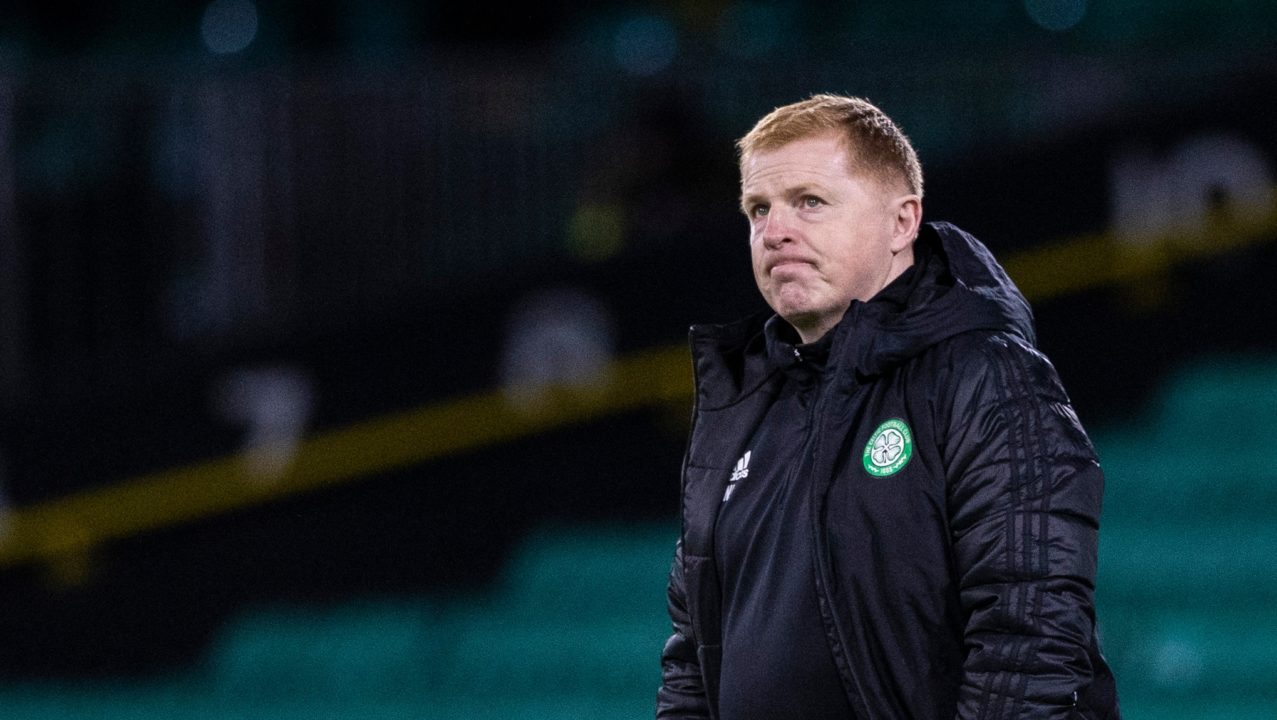 SNS Group
SNS Group















